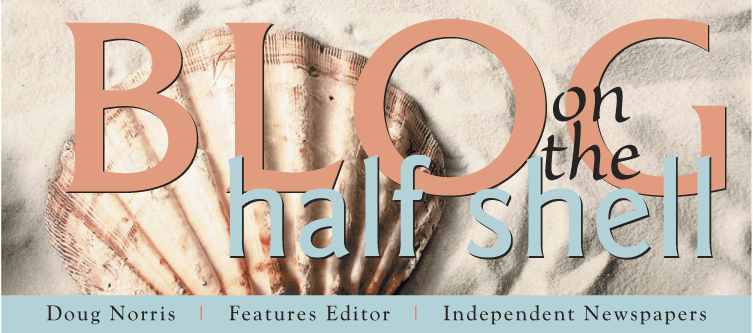This past Columbus Day, Providence residents woke up to see a statue of Christopher Columbus splattered in red paint and wearing a sign around its waist that read “MURDERER.” Similar acts of vandalism occurred on statues of Columbus throughout the country. Many in Rhode Island’s vast Italian American community reacted in outrage, with the Sons of Italy insisting that the state investigate and prosecute the statue desecration as a hate crime.
So maybe we should start arresting pigeons, too.
The incident and its resulting furor illustrate the lack of civility and level of debate in our society today. To many Italian Americans, Columbus is a legendary explorer and a cultural hero. To many Native Americans, he is a bloodthirsty butcher and evil oppressor. Somewhere in between lies a complex truth, but in an age that dismisses context, we will never find it. There are good reasons to debate Columbus’ place in history and the appropriateness of honoring him as a historical figure. But they are lost in a black-and-white world where all issues have distinctly polarized sides with no ability for light to penetrate.
Last year, Brown University eliminated Columbus Day from the calendar and replaced it with the generic Fall Weekend. That was offensive to me, not because it slighted the Italian explorer, but because it so banally shattered the storytelling inherent in the power of names and promoted branding over creative holiday conjuring. For many New Englanders, Columbus Day means getting into the car and meandering along rivers and over mountains to see leaves in their death throes, a metaphoric ritual (plus cider donuts and pumpkin pie) that connects us to all explorers – from the intrepid to the incompetent – and satisfies the human impulse to seek beyond our confines.
But Columbus Day isn’t the only controversial holiday. Practically every holiday offends someone. Consider Thanksgiving. Long a part of the New England and American chowder of history and myth, popularly celebrated by families at feast and high school football games, Thanksgiving is a National Day of Mourning to many indigenous Americans. On that day, members of the Wampanoag Tribe protest outside the grounds of Plimoth Plantation. Animal rights groups condemn the mass turkey slaughter. Hispanic Americans want the history books to reflect that earlier Thanksgivings, involving the Spanish, took place in Florida and Texas (while conveniently ignoring that American Indians have been celebrating Thanksgiving feasts on their own land for millennia).
Or what of Christmas? ‘Tis the season when the late Jerry Falwell’s “Friend or Foe” campaign still has legs. Woe to the unfortunate soul who accidentally slips and wishes the wrong person a “happy holiday” at Christmas. The merry season is a basket case of controversies. The devout protest its consumerism. Pagans blame Christians for co-opting their rituals. People like me bemoan the fact that we have to hear “Grandma Got Run Over By a Reindeer” starting in September.
As we approach Halloween – America’s second most popular holiday, even though it’s not very big with the fundamentalists – it would be nice to think you could wear your scary Rush Limbaugh mask without offending anybody. But you can’t. Not anymore. Better to play it safe. Stick with the Spider-Man outfit. Limit conversation to “trick-or-treat.” And keep a few buckets of red paint handy, just in case.
This week’s question: If you could change any holiday, which would it be?
Monday, October 25, 2010
Subscribe to:
Posts (Atom)

